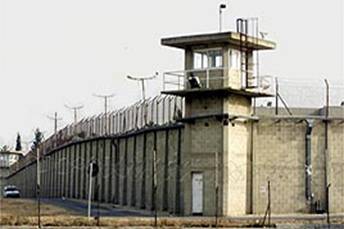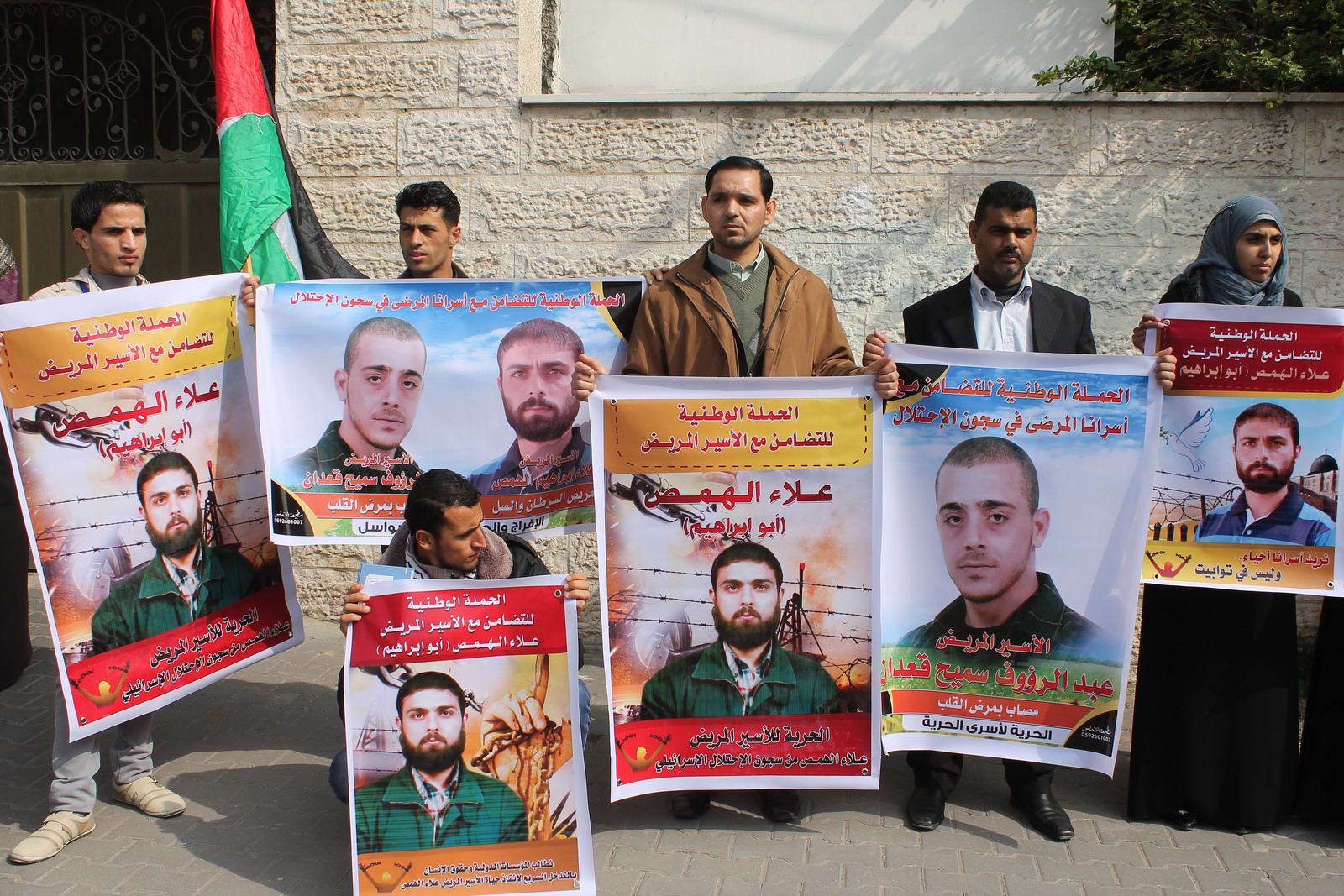Tag: Prisoner
-
‘I can’t give you information about your health, it’s a security matter’
7th March 2014 | Corporate Watch, Tom Anderson and Therezia Cooper | Gaza, Occupied Palestine International action has been called for in solidarity with prisoners held in Israeli jails. Corporate Watch has been investigating the companies involved in the Israeli prison system and interviewing ex-prisoners. This interview is part of a series of articles which will be released over…
-
PHOTOS: Palestinians rally in Gaza for hunger-striking and sick detainees
2nd March 2014 | International Solidarity Movement, Gaza Team | Gaza, Occupied Palestine In recent weeks, protests for both sick Palestinian detainees and those engaging in long-term hunger strikes have increased in the Gaza Strip. Last Monday morning, following a regular weekly sit-in in the International Committee of the Red Cross’ Gaza office, demonstrators rallied…
-
Seven prisoners continue their hunger strikes despite increasing punitive measures
19th February 2014 | Addameer Prisoner Support and Human Rights Association | Ramallah, Occupied Palestine Seven Palestinian prisoners continue their individual hunger strikes as prison conditions worsen. This is the highest number of strikes since September 2013. Earlier this week, Addameer lawyer Samer Sama’an gained access to two of the three administrative detainees who started hunger strikes…



